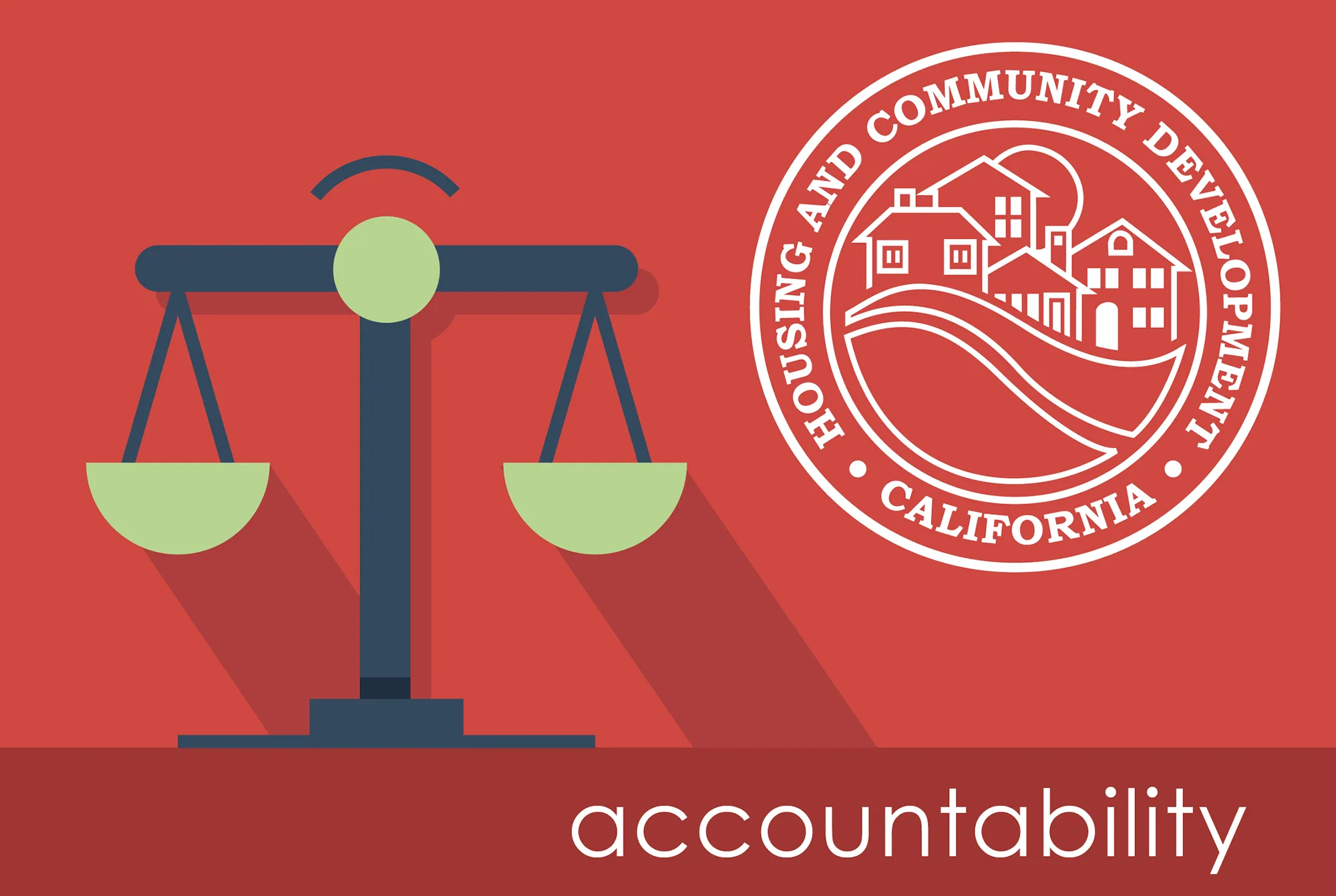Governor Newsom, Attorney General Bonta and HCD Take Legal Action Against La Cañada Flintridge to Enforce California’s Housing Laws
December 12, 2023
December 12, 2023

Oakland, CA
Governor Gavin Newsom, Attorney General Bonta, and the California Department of Housing and Community Development (HCD) today announced filing a request to intervene and a proposed writ of mandate in Cal. Housing Defense Fund v. City of La Cañada Flintridge, both subject to court approval. In the filings, Attorney General Bonta and HCD request that the court allow them to intervene in the case to uphold California’s housing laws, and reverse the City of La Cañada Flintridge’s denial of a mixed-use affordable housing project that would bring 80 mixed-income residential dwelling units, 14 hotel units, and 7,791 square feet of office space to the community.
The state also seeks a declaratory judgment that the city did not have a compliant housing element in place between October 16, 2021, and November 17, 2023, the time period in which the project’s application was considered, and it is therefore required to process the project under the Housing Accountability Act’s (HAA) so-called “builder’s remedy.”
“Since California strengthened its housing laws, cities have attempted, unsuccessfully, to skirt these rules,” said Governor Gavin Newsom. “La Cañada Flintridge is another community making excuses rather than building their fair share of housing. La Cañada Flintridge will learn, as other communities have, that the status quo is no longer acceptable, and ultimately, they will be held accountable.”
“The facts, and the law, are clear. La Cañada Flintridge failed to adopt a substantially compliant housing element, and then unlawfully blocked mixed-income housing proposed under the builder’s remedy,” said HCD Director Gustavo Velasquez. “Cities and counties cannot pick and choose the rules that apply to them. When communities defy their obligation to promote housing production at all income levels, HCD will continue to take decisive action and hold them accountable to state housing law.”
“Local governments must do their part to build housing and address our state’s housing crisis,” said Attorney General Rob Bonta. “The City of La Cañada Flintridge is legally required to process this affordable housing project under California’s builder’s remedy because they did not adopt a compliant housing element on time. Far too many Californians struggle to access affordable housing, and cities have a duty to facilitate, not block, affordable housing to alleviate our housing crisis. The California Department of Justice is committed to enforcing California’s housing laws, that’s why we are asking the court to allow us to intervene in this case and ensure that the people of La Cañada Flintridge, and all our communities can access the housing that they critically need.”
State law requires local governments to include housing elements in their general plans. A housing element must include, among other things, an assessment of housing needs, an inventory of resources and constraints relevant to meeting those needs, and programs to implement the policies, goals, and objectives of the housing element. The housing element is a crucial tool for building housing for moderate-, low-, and very low-income Californians. Under the state’s Housing Element Law, every city and county in California is required to periodically update its housing plan to meet its share of the regional and statewide housing needs. La Cañada Flintridge has repeatedly failed to timely comply with California’s Housing Element Law in the drafting and adoption of a substantially compliant housing element, and the city did not have a compliant housing element in place between October 16, 2021 and November 17, 2023, and as such was subject to the HAA’s builder’s remedy.
The HAA works to increase access to affordable housing throughout the state by limiting the ability of local governments to restrict the development of new affordable housing projects. Under the builder’s remedy, a local government may not deny a housing project that includes at least 20% low-income units or 100% moderate-income units for inconsistency with zoning or land use designation. The housing project at issue in the case was originally submitted on November 14, 2022, well before the city had a compliant housing element, and is thus legally required to be processed under the builder’s remedy of the HAA.
In the filings, the state argues that the city’s denial of the mixed-income housing project violates both Housing Element Law and the HAA, and shows flagrant disregard of the state’s goals of addressing California’s housing crisis, and asks the court to grant the state intervention in the case to enforce California’s housing laws.
A copy of the application to intervene is available here. A copy of the proposed petition for writ of mandate is available here.

